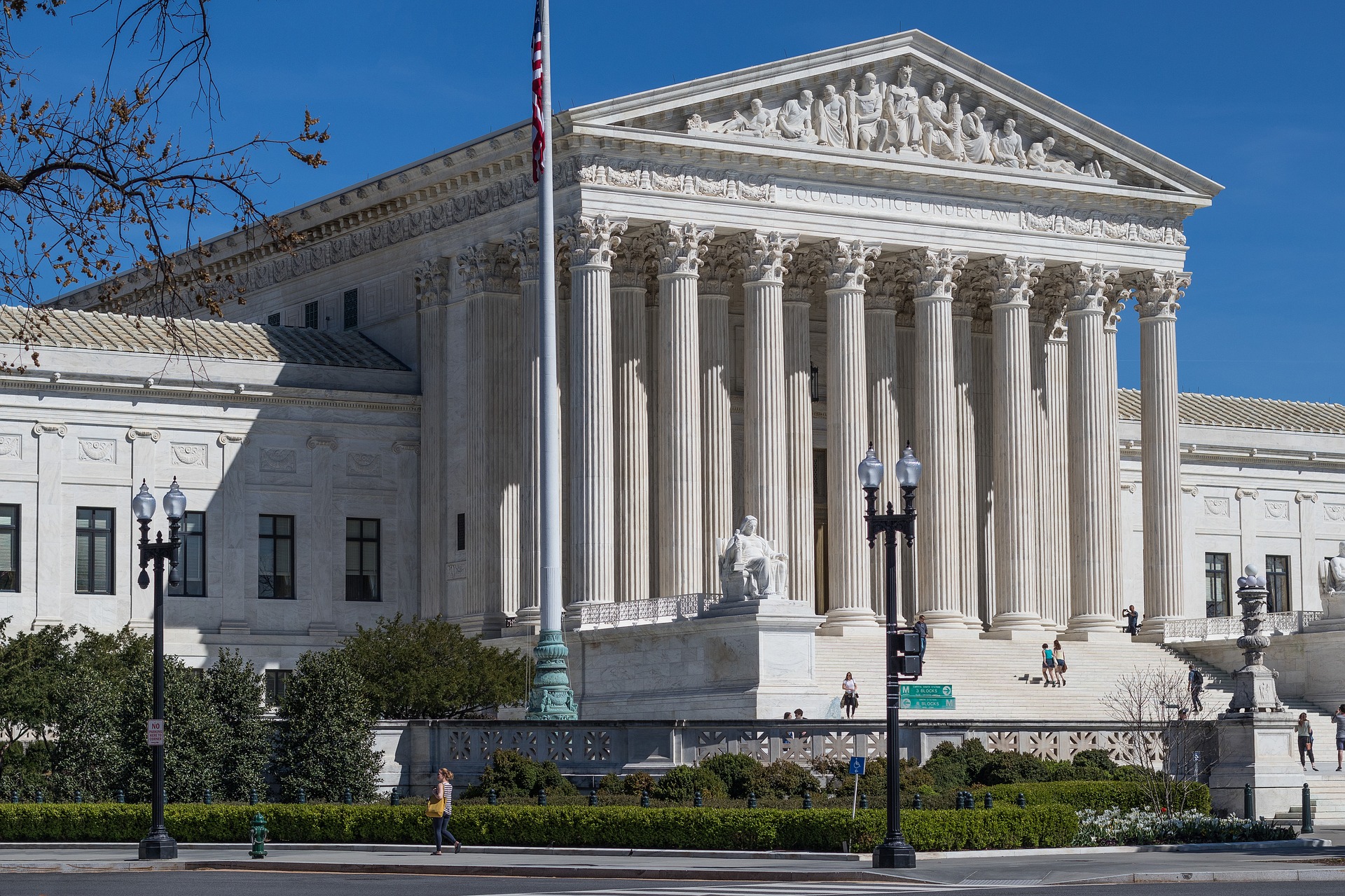The Supreme Court has granted oral arguments in North Carolina Board of Dental Examiners v. Federal Trade Commission. This case was initiated when North Carolina Board of Dental Examiners (the Board), began sending threatening warnings to non-dentists providing teeth-whitening services and their landlords. These letters stated that only dentists could use peroxide treatments to remove teeth stains. In a unanimous ruling issued December 2011 the Federal Trade Commission (FTC) determined, the Board “issuing cease and desist orders against certain purveyors of teeth whitening, had violated federal antitrust laws by engaging in unfair competition in the market for teeth-whitening services in North Carolina.”
The FTC’s opinion stated the Board “sought to, and did, exclude non-dentist providers from the market for teeth whitening services.” The opinion continued by saying, “As a result of the Board’s actions, many non-dentists stopped providing teeth whitening services and several marketers of teeth whitening systems stopped selling their products and equipment in North Carolina.” In addition, the FTC noted, “several mall operators refused to lease space to, or canceled existing leases with, non-dentist teeth-whitening providers.” The Board subsequently filed a petition for review with the appeals court.
The Board argued that it is exempted from the federal antitrust law. The exemption allows States to undertake “anticompetitive actions … in their governmental capacities as sovereign regulators.” Private parties may invoke the exemption when two requirements are satisfied: their conduct must (1) be authorized by a “clearly articulated … state policy” to displace competition, and (2) be “actively supervised” by state officials.
The U.S. 4th Circuit Court of Appeals held “that an official state regulatory board created by state law is a ‘private’ actor-and thus must satisfy the ‘active supervision’ requirement-simply because, pursuant to state law, a majority of the board’s members are also market participants who are elected to their official positions by other market participants.” The Board did not satisfy the active supervision requirement in the eyes of the 4th Circuit Court of Appeals, with one judge saying “the board would have had a stronger case if its members were elected or appointed by state government officials rather than by other dentists.”
The issue before the Supreme Court is whether, for purposes of the state-action exemption from federal antitrust law, an official state regulatory board created by state law may properly be treated as a “private” actor simply because, pursuant to state law, a majority of the board’s members are also market participants who are elected to their official positions by other market participants.
Arguments before the Supreme Court will likely be heard in the fall.
Revolution Law Group is located in Greensboro, NC, and serves individuals and small businesses throughout the Triad and surrounding areas. To contact us please visit Revolution.law or call 336-333-7907.
The information included here is for informational purposes only, is not exhaustive of all considerations when creating documents, is not intended to be legal advice, and should not be relied upon for that purpose. We strongly recommend you consult with an attorney and do not attempt to create your own documents.

